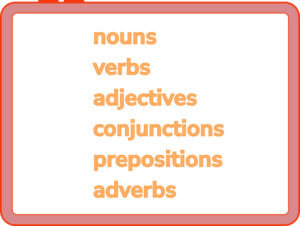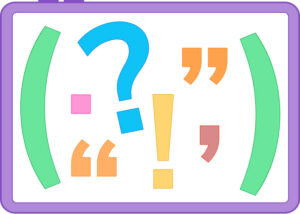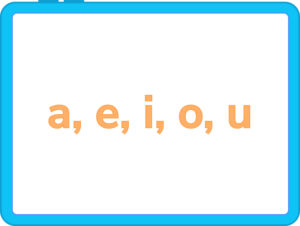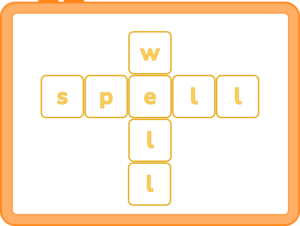Subjects in English
The subjects we learn in English (reading, writing, grammar, and so on) are crucial for developing strong communication and analytical skills. By studying English subjects, we become strong readers, writers, and communicators. These skills a crucial not only in school but all throughout our lives. Dive into the foundations of KS1 and KS2 English below.
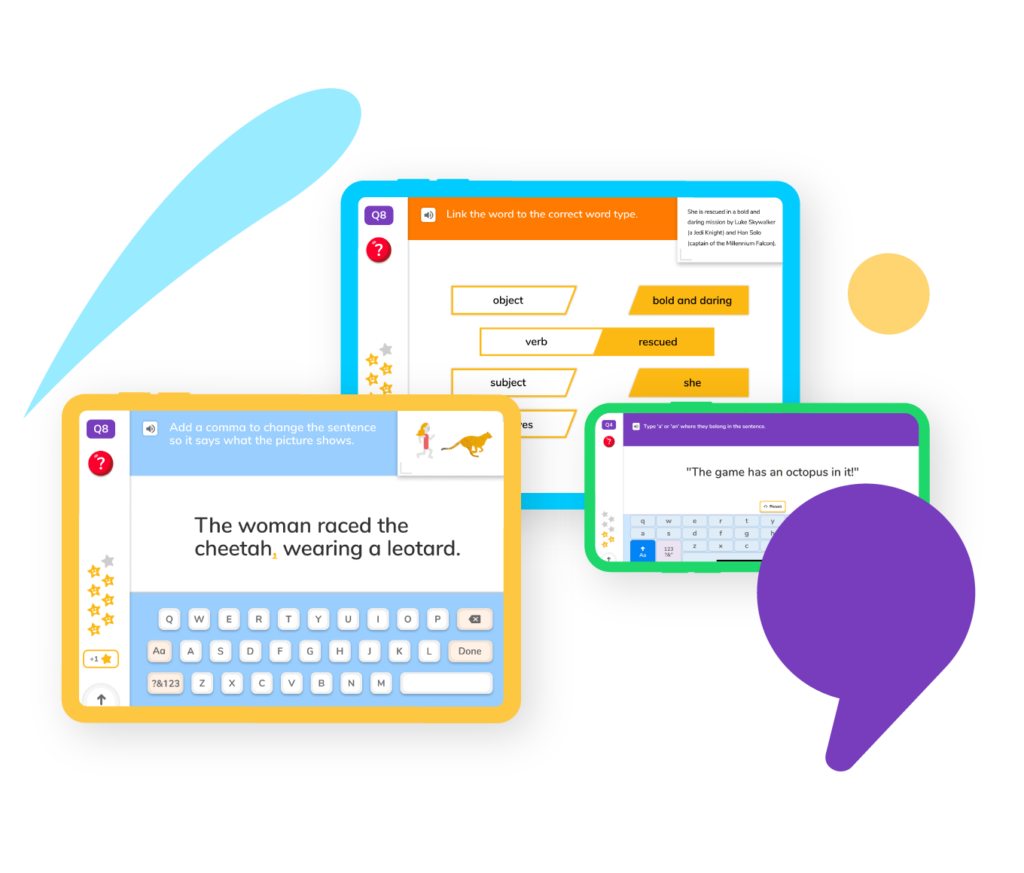
Pick an English subject
Pick a guide below and dive into the wonderful world of English!
Grammar
Think of grammar as the rules that govern the English language. Grammar is how we make sense of written text and sentences when people speak.
Punctuation
Punctuation is used to clarify meaning when we write. Dive into the punctuation marks that bring specific words, sentences, and phrases to our attention.
Comprehension
Master reading comprehension as you study point of view, context clues, inferencing, and other skills that teach you how to analyse written text.
Phonics
Phonics is the study of letters, letter pairings, and their sounds. Getting a grip on phonics helps us become better readers and spellers.
Spelling
Before we can write words, we have to be able to spell! Otherwise, how will people know what we want to say? Practise spelling with our easy-to-follow guides.
Poetry
Context clues are when we get to play detective. If you don’t know what a word means, sometimes you can look at the words around it to work it out.
Grammar
Think of grammar as the rules that govern the English language. Grammar is how we make sense of written text and sentences when people speak.
Punctuation
Punctuation is used to clarify meaning when we write. Dive into the punctuation marks that bring specific words, sentences, and phrases to our attention.
Master reading comprehension as you study point of view, context clues, inferencing, and other skills that teach you how to analyse written text.
Phonics
Phonics is the study of letters, letter pairings, and their sounds. Getting a grip on phonics helps us become better readers and spellers.
Spelling
Before we can write words, we have to be able to spell! Otherwise, how will people know what we want to say? Practise spelling with our easy-to-follow guides.
